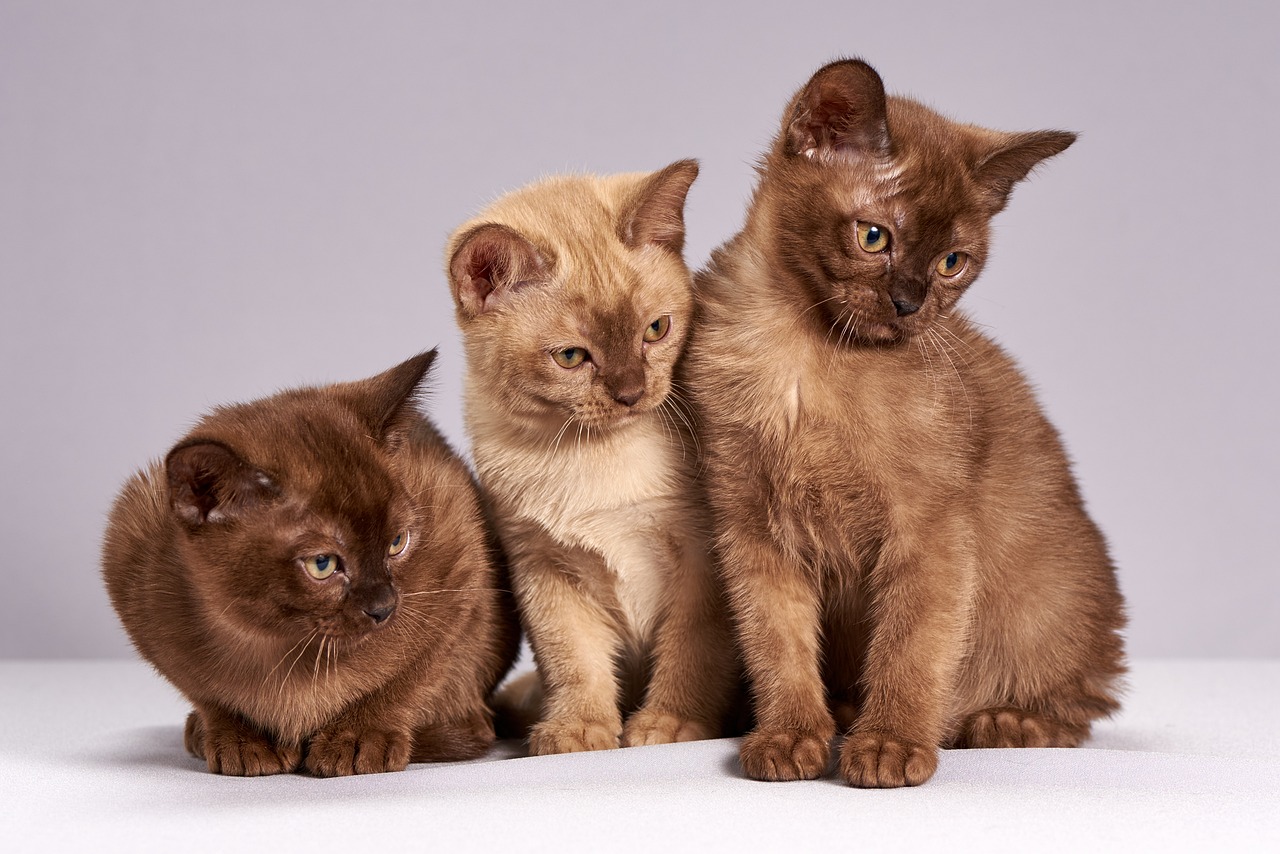It often happens that people who have been living with cats for some time feel that a bond of trust has not been created. If you are a cat caregiver, you may even notice that there is no bonding with your cat or that your cat is behaving in a distant manner. In any case, it should be remembered that even if a cat is socialized, it is quite possible that it has some character traits reminiscent of its feline ancestors. That is to say, that it is not totally domesticated and may have some behaviors with traces of its wild origins.
People who have decided to adopt a cat should also learn about the needs of these domestic felines. In addition to taking care of their diet and health, you also need to create an environment that helps promote your kitten’s overall well-being. Thus, it should be known that most cats prefer to be in control of their social interactions. Understanding your cat’s behavior could be the first step in strengthening your bond with your cat.
Strengthening bonds with your cat
The first thing you should know is that cats may have tendencies to trust humans, but these will depend largely on what your cat experienced when he was very young. If during the first week and the seventh week of his life he has had pleasant and positive experiences with humans, he is much more likely to be willing to establish close relationships with people throughout his life. In fact, bad experiences during those first weeks of his life could lead to your cat not being able to establish a strong relationship with a human being.
The five pillars of feline welfare
As we said before, understanding your cat’s needs is fundamental to bonding with him. There are five pillars on which cat welfare is based. The first is to achieve a safe environment, where your cat can move with peace of mind and have a space to shelter safely.
The second pillar is that it must have separate spaces for different daily activities. That is, eat, drink, rest, relieve themselves, scratch and play. You may also need several separate spaces with the same function. In case there is more than one cat, it is important to divide the spaces to avoid conflicts.
The third pillar refers to opportunities to play and hunt. Remember that cats are hunters by nature, so you can encourage those skills through play.
The fourth pillar relates to interactions with human beings: these must be pleasant, predictable and regular. Never force a cat to have an interaction, as this will result in a negative outcome in almost all cases. On the contrary, you have to let it get closer to you.
The fifth pillar is to respect their sense of smell, which is one of the most developed senses of smell in kittens. A cat that feels threatened, surrounded by unfamiliar smells, may have difficulty bonding.
Image courtesy of https://pixabay.com, all rights reserved.








